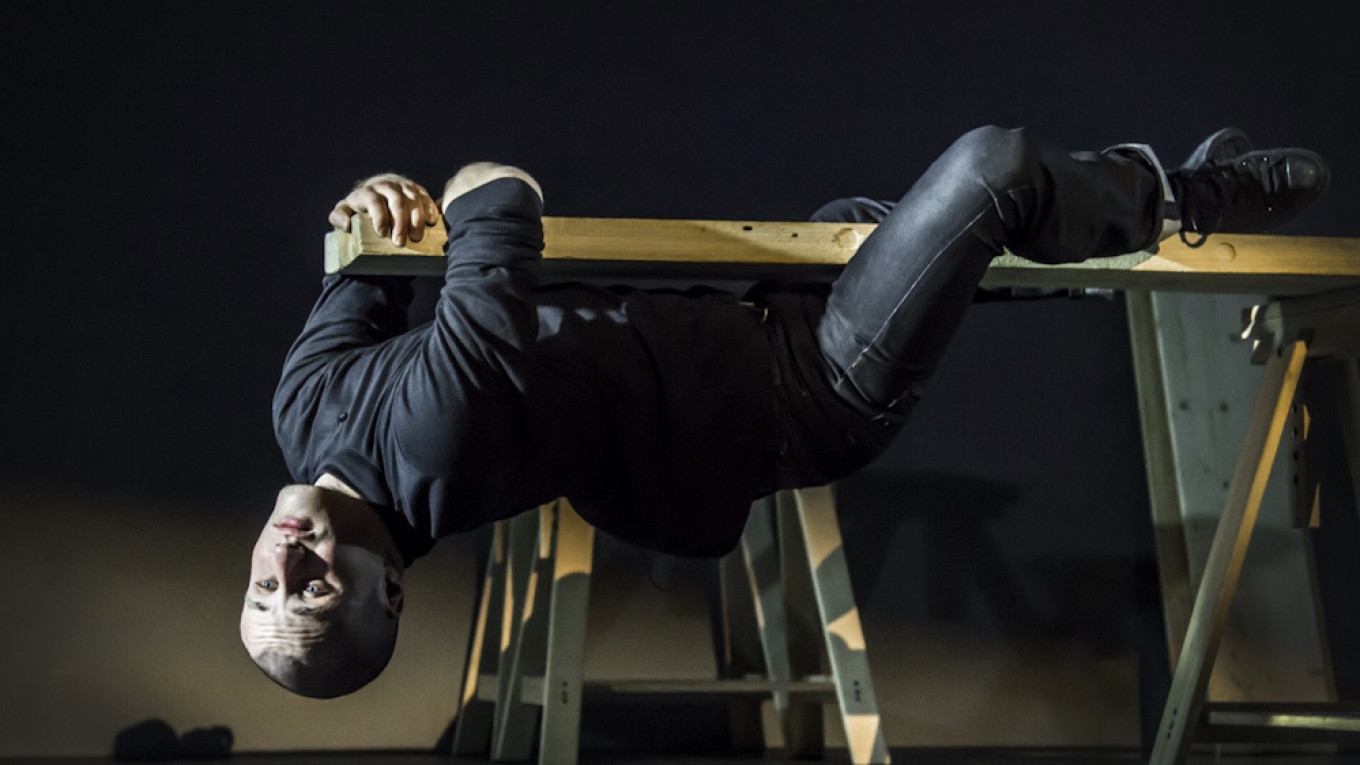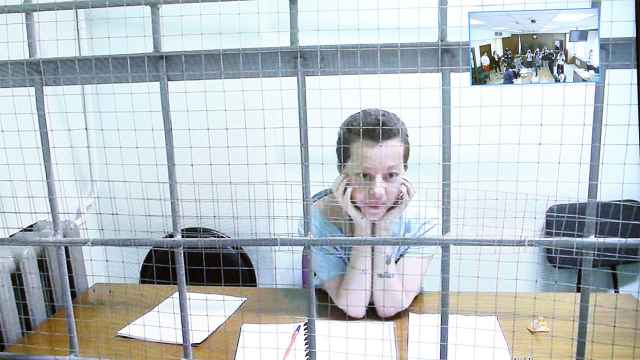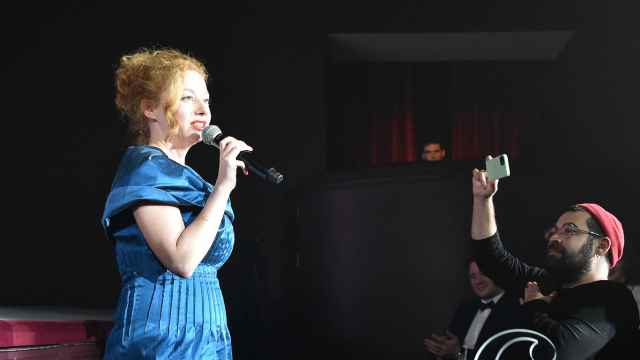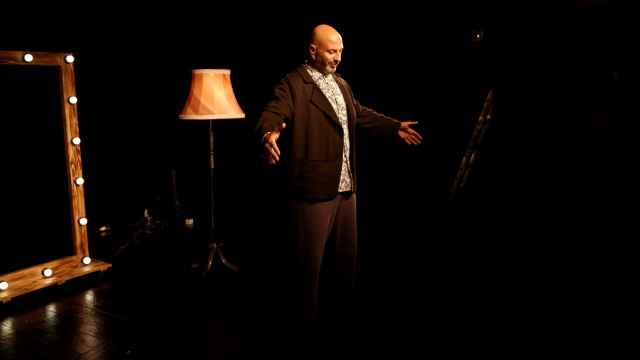As Kirill Serebrennikov steps down as the director of the Gogol Center this week, it will signal an end of an era for this theater. The dismissal was to be expected after Serebrennikov was found guilty of embezzlement last summer and got a suspended sentence on what most observers believe to be completely trumped-up charges.
The announcement of Serebennikov’s dismissal came from the Moscow city department of culture just as Serebrennikov was celebrating Gogol Center’s eighth “birthday.” In 2012 Serebrennikov became the head of what was then the very mediocre Gogol Theater and rebranded it into the cutting-edge hipster Gogol Center.
Blending traditional and experimental theater, Gogol Center nurtured a whole new generation of theater enthusiasts that considers Serebrennikov’s productions the industry’s golden standard.
Gogol Center’s incredible success inspired other traditional theaters to reform and open up to more experimental productions. Theater-goers wanted more theater “like the Gogol Center” and they started getting it at Meyerhold Center, the Theater of the Nations and even at the Bolshoi, where Serebrennikov directed a few opera and ballet productions.
While Serebrennikov was under the house arrest, Gogol Center received a Golden Mask, the most prestigious theater award in Russia "for creating a space of creative freedom, and a bold search for the language of contemporary theatre."
Several of Serebrennikov’s productions were milestones both in his own oeuvre and the Gogol Center’s history.
“A Midsummer Night’s Dream”
“A Midsummer Night’s Dream” was at the heart of the Kafkaesque trial against Serebrennikov. He was accused of embezzling the funds earmarked for staging this popular Shakespeare comedy, and the prosecution even went as far as to suggest that the production never took place at all. Serebrennikov faithfully follows Shakespeare’s plot, but transports the action to contemporary Russia: some of the scenes take place at a therapist’s office and at a high school prom. “A Midsummer Night’s Dream” was one of the first immersive productions in Russia: the viewers follow actors from one set to another around the theater building.
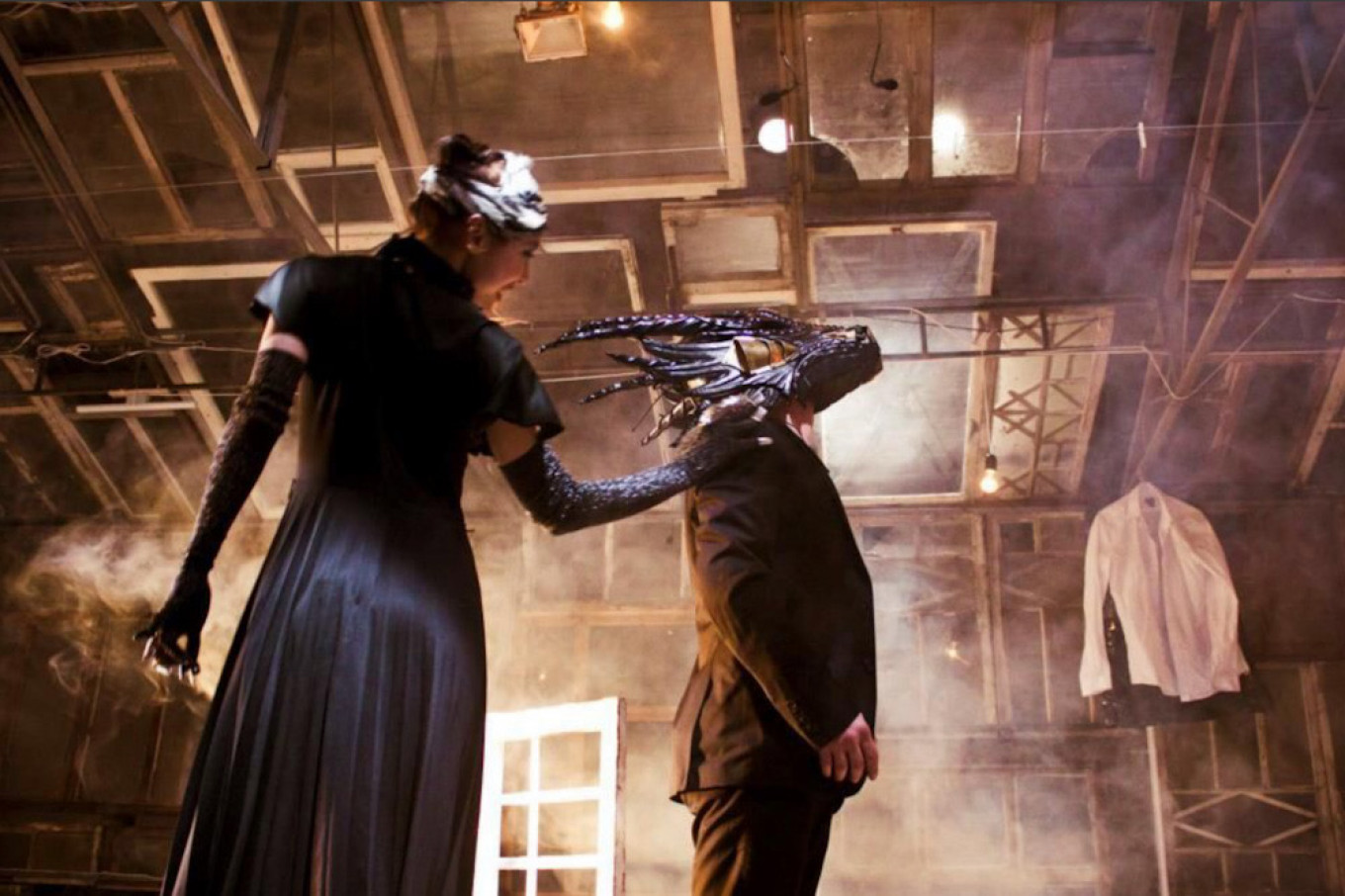
“(M)uchenik” (Student)
“(M)uchenik” — a play on the words “muchenik” (martyr) and “uchenik” (student) — is one of the most critically acclaimed theater productions by Serebrennikov. Based on a play by Marius von Mayenburg, it's a story about a high school student channeling his teenage revolt into religious fanaticism and becoming a militant Christian zealot. Serebrennikov turned the production into the film “The Student,” which won an award at the Cannes Film festival in 2016, but he said “the theater performance is actually funnier.”
“Who Lives Well in Russia”
“Who Lives Well in Russia” is an epic poem by Nikolai Nekrasov and one of the most innovative reimaginings of Russian classics by Serebrennikov. Despite having been written almost a century and a half ago, the poem about seven peasants traveling across Russia in search of happy people is still relevant today. “Who Lives Well in Russia” consists of three acts, the first and the third depicting important episodes from the poem, while the second one tells its story through physical theater and dance.
“Muller Machine”
Probably the most scandalous Serebrennikov production, “Muller Machine” is based on two plays by Heiner Müller: “Quartet” and “Hamletmachine.” Throughout the performance the stage is dominated by a group of completely nude male and female performers who continually move around the space and dance. “Quartet” is a compact version of Choderlos de Laclos’ “Dangerous Liaisons” with all the roles of that famous novel played by two people: all female roles are played by Konstantin Bogomolov, while the male roles by Sati Spivakova. “Hamletmachine” is loosely based on Shakespeare’s “Hamlet,” condensed into several monologues devoted to the state of world affairs. It stars Alexander Gorchilin, one of the Gogol Center’s leading actors.
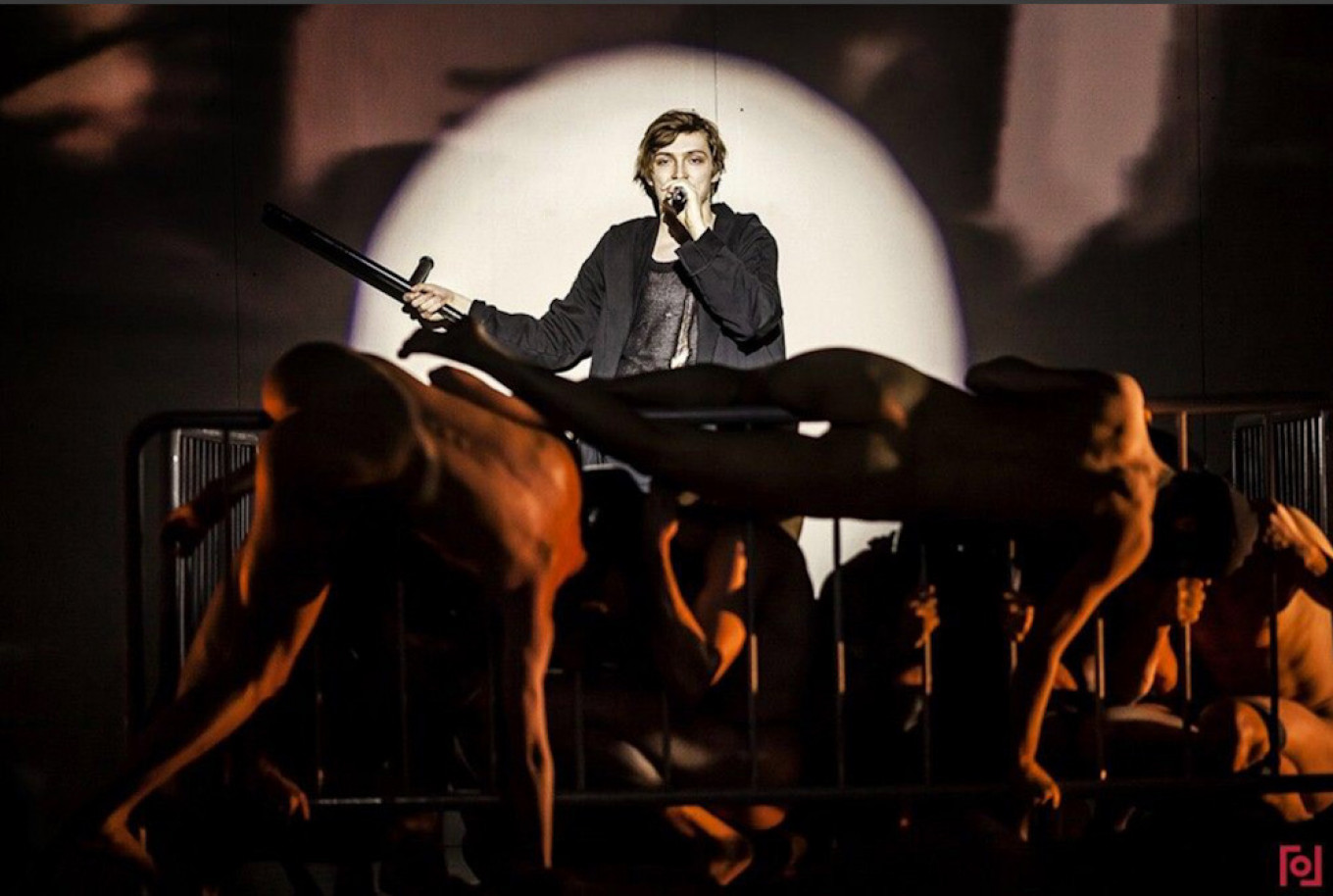
“Little Tragedies”
“Little Tragedies” premiered while Serebrennikov was still under house arrest. Based on four short dramas in verse penned by Russia's most revered poet, Alexander Pushkin, “Little Tragedies” stays close to the words of the classic, but updates and sometimes revolutionizes the meaning. So the baron’s son Alber takes part in motorcycle competitions instead of knight tournaments, and Don Juan reminisces about his trysts with the help of a tape recorder. In the most striking episode, the guests at “A Feast in Time of Plague” get together at the retirement home for actors. The production features music by Husky, one of Russia’s most popular rap artists.
***
At present these and other productions in the Gogol Center repertory are still being performed, and the newly appointed head of the Gogol Center is actor and producer Aleksei Agranovich. Agranovich is a good friend of Serebrennikov and plays in two regular productions at the Gogol Center, “Little Tragedies” and “A Common Story.” Hopefully, Agranovich will not only keep most of Serebrennikov’s productions in Gogol Center’s repertoire, but invite him to direct new ones as well.
More information about the theater and performances can be found here.
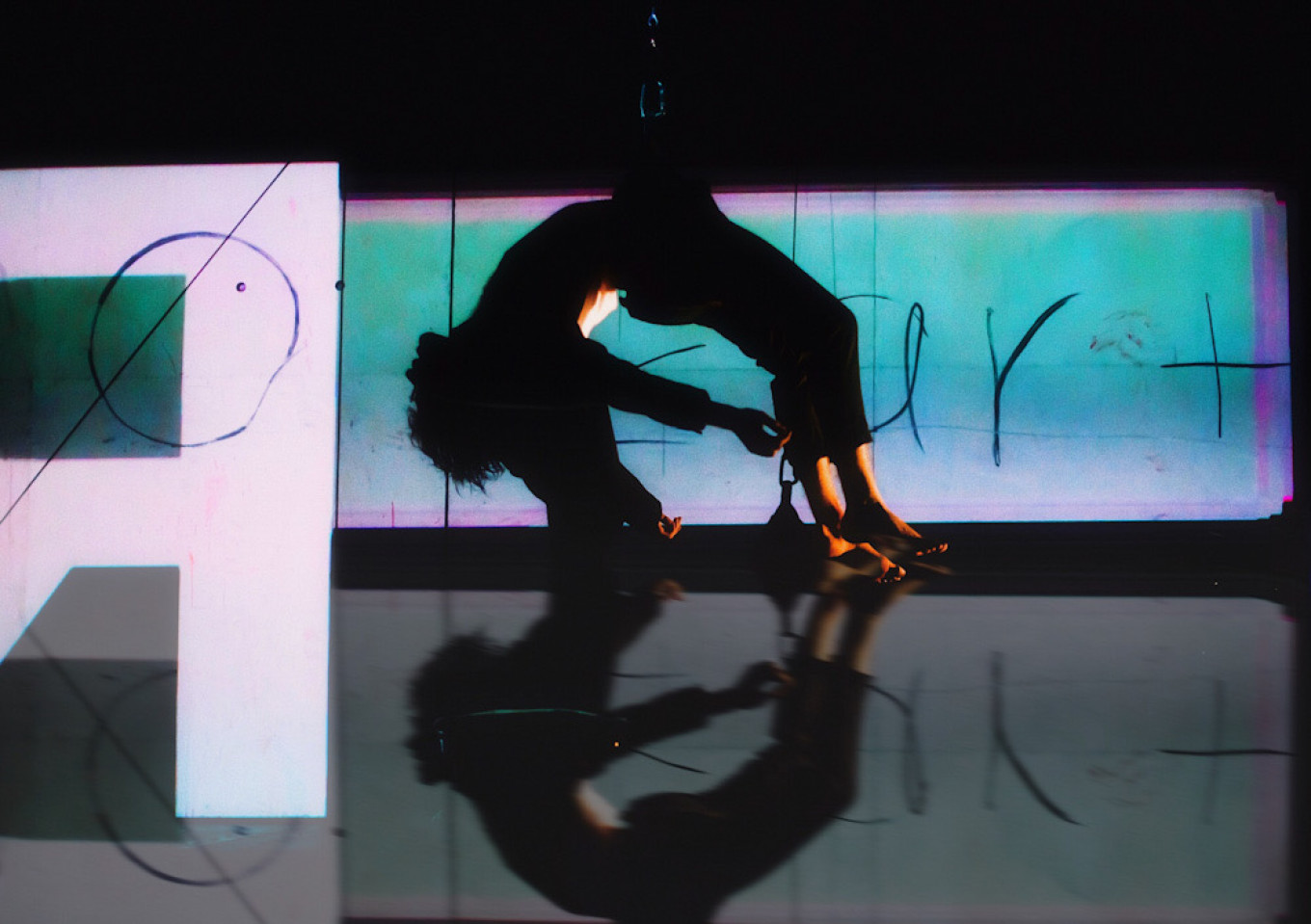
A Message from The Moscow Times:
Dear readers,
We are facing unprecedented challenges. Russia's Prosecutor General's Office has designated The Moscow Times as an "undesirable" organization, criminalizing our work and putting our staff at risk of prosecution. This follows our earlier unjust labeling as a "foreign agent."
These actions are direct attempts to silence independent journalism in Russia. The authorities claim our work "discredits the decisions of the Russian leadership." We see things differently: we strive to provide accurate, unbiased reporting on Russia.
We, the journalists of The Moscow Times, refuse to be silenced. But to continue our work, we need your help.
Your support, no matter how small, makes a world of difference. If you can, please support us monthly starting from just $2. It's quick to set up, and every contribution makes a significant impact.
By supporting The Moscow Times, you're defending open, independent journalism in the face of repression. Thank you for standing with us.
Remind me later.


